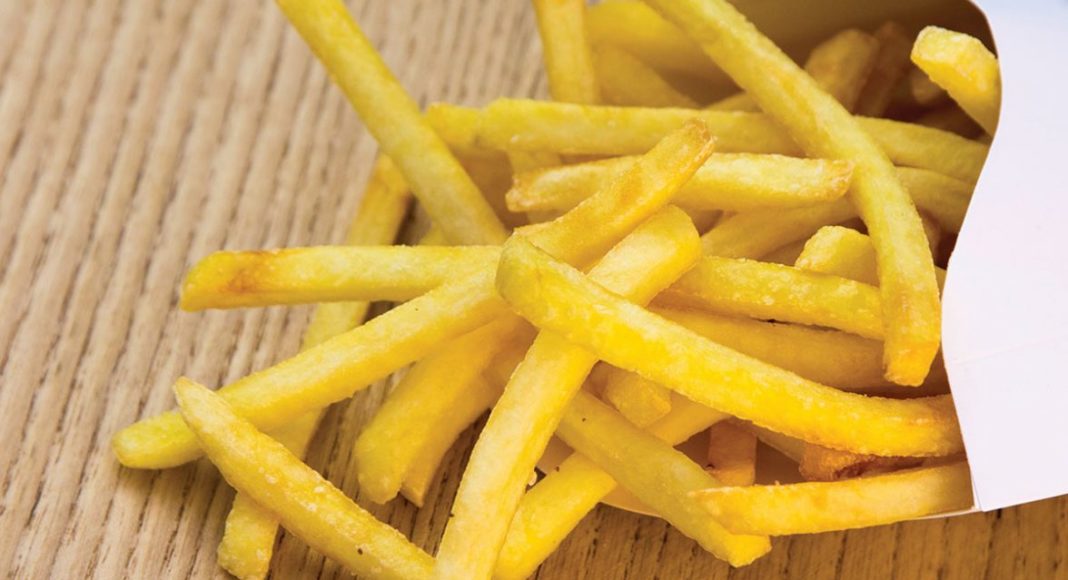I suppose it could be worse — we who work in agriculture are blessed to be weathering the coronavirus pandemic from the relative comfort and space of farms rather than from tiny apartments in urban high-rises. Still, there’s no getting around the fact everyone is hurting from the direct and/or indirect impacts of the outbreak, and it’s clear the costs are only starting to be realized. Processed potato producers, in particular, are at the bleeding edge of early economic fallout.
The coronavirus has decimated the french fry market, forcing it down a full 80 per cent in some regions. At this point, it’s anyone’s guess whether producers will be released from processing contracts. Already, at least one major processor in Germany ceased production, and word on the street is others may follow, both overseas and here at home.
We’re already hearing from producers questioning whether they should or shouldn’t treat their processing potato piles to maintain sprout suppression. There’s no easy answer. While maintaining quality is key to any future return, investing in one’s pile is painful if you’re not sure it’ll have a buyer. Growers who applied a heavier dose of chlorpropham (CIPC) early in the season, or who have maintained 1,4 DMN applications have the luxury of some decision-making time. Growers who applied a lower rate of CIPC early in the storage season will have to make a decision fairly soon on some kind of further sprout suppression.
Be aware, by this time of year, your pile has done a lot of settling. While a CIPC application may have been successful earlier in the year, CIPC’s particle-nature makes it much harder to apply effectively to a well settled pile. An inadequate whiff of CIPC can cause your tubers to internally sprout, making them unsalable. 1,4 DMN won’t trigger that loop, making it a less risky late-season product.
What’s my advice to get through the coming months? First, I recommend you keep your ears open and listen to your producer groups. They’re doing their best to collect and share as much good information as possible and to advocate on your behalf to government. Secondly, grow excellent potatoes and manage them well through storage. At the end of the day, farmers need to produce quality product. With a glut on the market, quality will be king more than ever. And finally, while there are likely rockier, more uncomfortable times ahead, have confidence we will get through. Farmers have been caught in difficult situations before and have proven their resilience again and again. We’re all in this together.








